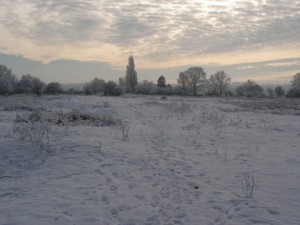This morning I’ve been reading an oldish paper (Sambell & McDowell, 1998) about work on the ‘hidden curriculum’, an even older phenomenon (Snyder, 1971).
The hidden curriculum can be thought of in terms of the distinction between ‘what is meant to happen’ i.e. the curriculum stated officientally by the educational system or institution, and what students actually experience ‘on the ground’. Assessment is very important in determining the hidden curriculum.
Sambell & McDowell take this one step further. They point out that every student has a different hidden curriculum; the same assessment is interpreted differently not just by ‘staff’ and ‘students’ but by individuals. Students bring with them different range experiences, motivations and perspectives which influence their response.
In the light of this, how are we do work to improve the assessment experience (and hence the hidden curriculum) for all our students, especially in a large and diverse University such as the Open University? Dealing with each individual student’s previous experiences and perceptions is challenging. However I think we are still missing some very obvious tricks. We assume that our students share our understanding of what assessment is for, but many probably don’t. I am interested in doing some work to improve that understanding, perhaps by running online tutorials for students before their first assignment, to discuss the assessment process not the assessment itself. Then we might to similarly after students have got the first piece of work back, to discuss what they have learnt from it and from the feedback.
Anyone want to join in the fun?
Sambell, K. & McDowell, L (1998) The construction of the hidden curriculum: messages and meanings in the assessment of student learning, Assessment and Evaluation in Higher Education, 23(4), 391-402.
Snyder, B.R. (1971) The hidden curriculum. New York: Alfred A. Knopf.



